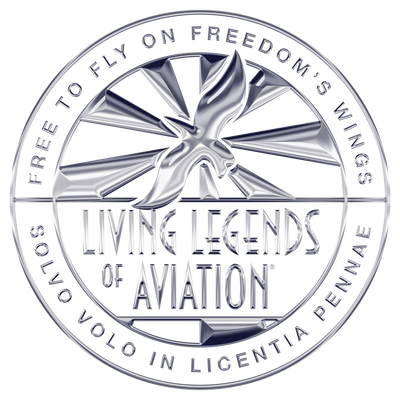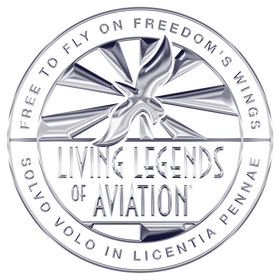DR. BONNIE DUNBAR

Bonnie Jeanne Dunbar (born March 3, 1949) is a former NASA astronaut. She retired from NASA in September 2005. She then served as president and CEO of The Museum of Flight until April 2010. Dr. Dunbar now leads the new University of Houston's STEM Center (science, technology, engineering and math) and joined the faculty of the Cullen College of Engineering.
Dunbar accepted a position as a payload officer/flight controller at the Lyndon B. Johnson Space Center in 1978. She served as a guidance and navigation officer/flight controller for the Skylab reentry mission in 1979 and was subsequently designated project officer/payload officer for the integration of several Space Shuttle payloads.
Dunbar became a NASA astronaut in August 1981. Her technical assignments have included assisting in the verification of Shuttle flight software at the Shuttle Avionics Integration Laboratory (SAIL), serving as a member of the Flight Crew Equipment Control Board, participation as a member of the Astronaut Office Science Support Group, supporting operational development of the remote manipulator system (RMS). She has served as chief of the Mission Development Branch, as the Astronaut Office interface for "secondary" payloads, and as lead for the Science Support Group. In 1993, Dr. Dunbar served as Deputy Associate Administrator, Office of Life and Microgravity Sciences, NASA Headquarters, Washington, D.C. In February 1994, she traveled to Star City, Russia, where she spent 13-months training as a back-up crew member for a 3-month flight on the Russian Space Station, Mir. In March 1995, she was certified by the Russian Gagarin Cosmonaut Training Center as qualified to fly on long duration Mir Space Station flights. From October 1995 to November 1996, she was detailed to the NASA JSC Mission Operations Directorate as Assistant Director where she was responsible for chairing the International Space Station Training Readiness Reviews, and facilitating Russian/American operations and training strategies.
A veteran of five space flights, Dunbar has logged more than 1,208 hours (50 days) in space. She served as a mission specialist on STS-61-A in 1985, STS-32 in 1990, and STS-71 in 1995, and was the Payload Commander on STS-50 in 1992, and STS-89 in 1998.

